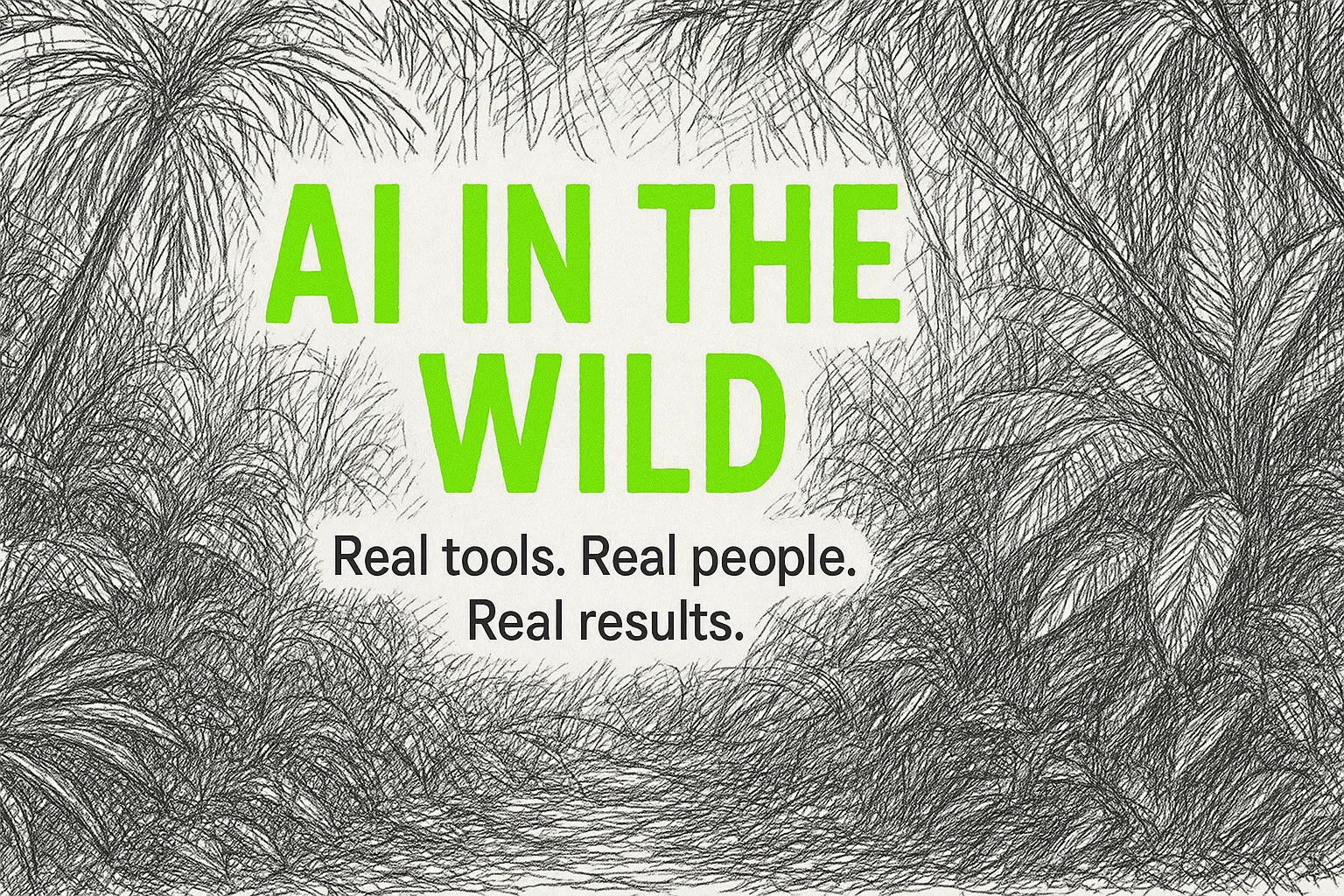Your plumber’s phone rings 47 times a day. He answers 12.
The rest? Lost jobs. Lost customers. Lost revenue.
In home services, the biggest business risk isn’t bad work. It’s missed calls. A solo contractor can’t climb under a house and answer the phone at the same time. So the phone rings. And rings. And eventually, stops.
This is where Netic comes in. It doesn’t fix pipes. It just fixes the chaos around them.
Founded by Melisa Tokmak, a Stanford-trained engineer and former Scale AI exec, Netic began with a failed AC repair. During a heatwave, Tokmak called a dozen HVAC companies. Only three answered. One showed up.
The problem wasn’t competence. It was logistics. Calendar gaps. Callback black holes. She realized most contractors don’t lose work because they’re bad at their trade—they lose it because they can’t run a front desk.
So Tokmak built one that never sleeps.
Netic answers on the first ring, every time. It handles the full transaction—booking, follow-up, reminders, rescheduling. But it also thinks. It ranks urgency. Detects price shoppers. Adjusts quotes. Nudges homeowners at just the right moment: before a snowstorm, after a Yelp search, during a lull in demand.
It’s not a chatbot. It’s an AI receptionist, triage nurse, and sales rep rolled into one.
Over 50,000 jobs have been booked by Netic so far. Contractors using it report 20% revenue bumps and zero missed calls. It’s cheaper than a human assistant and faster than any call center. The AI doesn’t get distracted, sick, or stuck in traffic.
But here’s the tension: plumbing is personal. When your water heater explodes at 2 a.m., you want someone on the other end who sounds like they care. Netic sounds human. But it isn’t. It was never hired. It was trained.
And most customers don’t realize they’re talking to a machine—until something goes wrong.
Netic handles routine perfectly. But routines become exceptions fast. A child locked in a bathroom. A burst pipe above a fuse box. Empathy still matters.
The best contractors know this. They let AI do the triage but keep a hand on the line when things get complex.
For now.
Because Netic keeps learning. Every call makes it sharper, smoother, more human.
In the end, the smartest plumber in town might not carry a wrench.
It might just answer the phone better than anyone else.
Marcus Schuler covers the tech industry from Silicon Valley. He lives near San Francisco.

⸻
❓ Frequently Asked Questions
Q: How much does Netic's AI service cost?
A: Netic hasn't disclosed pricing publicly. The company raised $20 million in June 2025 and targets home service contractors who typically struggle with missed calls and inefficient scheduling. Pricing likely varies based on call volume and features.
Q: What percentage of calls can Netic's AI actually handle without human help?
A: Even Netic's most enthusiastic client uses the AI for only 20% of customer calls, with humans handling the other 80%. The company claims it can handle "100% of demand," but real-world adoption shows contractors still prefer humans for most interactions.
Q: Which big companies compete directly with Netic?
A: ServiceTitan poses the biggest threat. Valued at $9.5 billion, it serves over 100,000 contractors and recently acquired Schedule Engine to add booking features. Other competitors include Y Combinator-backed Broccoli AI and newer entrants like Conju.
Q: How many service appointments has Netic actually booked?
A: Netic booked over 50,000 service jobs during its private trials before the public launch in mid-2025. The company worked with clients like Hoffmann Brothers and Heartland Home Services during this testing phase.
Q: Why did CEO Melisa Tokmak start Netic instead of joining an existing company?
A: Tokmak spent days trying to schedule emergency AC repair during a heat wave, getting "bounced around by duct-tape technology." Her Stanford computer science background and experience at Scale AI, Instagram, and Facebook gave her the skills to build a better solution.
Q: How does Netic decide when to prioritize one customer call over another?
A: Netic's AI analyzes urgency and priority automatically. It pushes emergency repairs ahead of routine maintenance and flags time-sensitive leads when customers mention competing quotes. During a cold snap, a broken furnace call jumps ahead of scheduled tune-ups.
Q: What's the Nexstar Network partnership and why does it matter?
A: Nexstar is a national trade group for contractors. CEO Julian Scadden says many contractors struggle to grow because they miss calls or lack marketing skills. The partnership gives Netic access to Nexstar's member companies and industry credibility that newer competitors lack.
Q: How big is the market Netic is trying to capture?
A: The U.S. home services market is worth about $700 billion. Private equity money is flowing into the sector as firms seek tech tools to boost productivity. Even capturing a small slice of this market could mean significant revenue for Netic.








